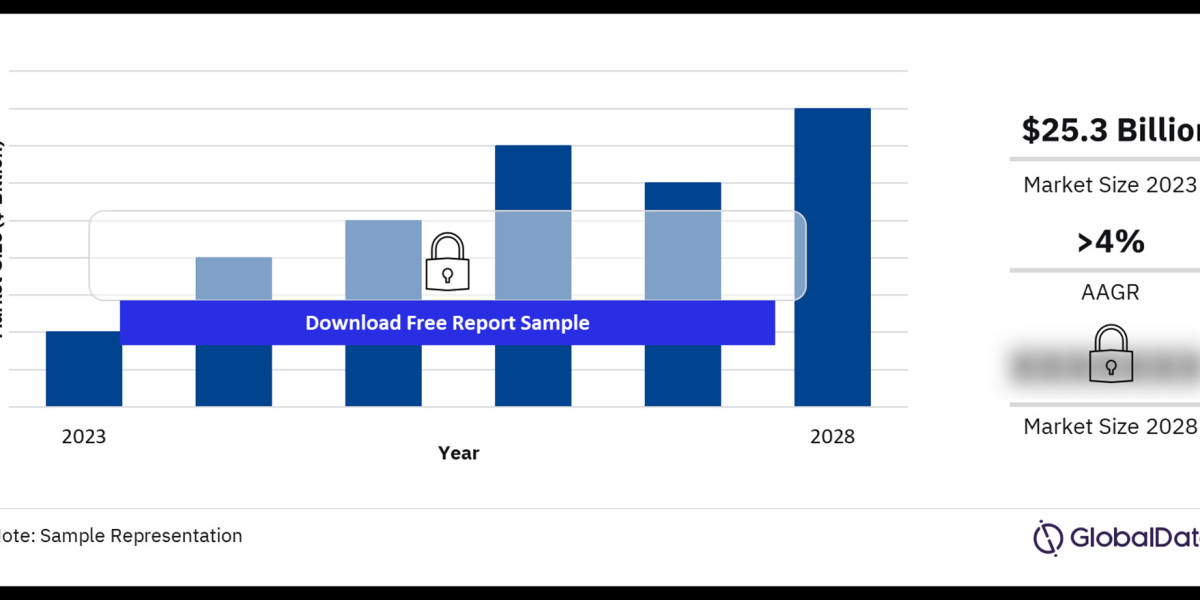The Thailand construction market is experiencing significant growth, driven by a combination of government initiatives, private sector investment, and a burgeoning real estate market. With its strategic location in Southeast Asia and an ambitious infrastructure development plan, Thailand is positioning itself as a regional hub for commerce, industry, and tourism. This article explores the key trends, opportunities, and challenges in the Thailand construction market.
Market Overview
Thailand's construction industry has been on a steady upward trajectory, with the market size expected to grow at a CAGR of 5-6% over the next few years. The industry encompasses various sectors, including residential, commercial, industrial, and infrastructure construction. Government-led projects, such as the Eastern Economic Corridor (EEC) and Thailand 4.0, are pivotal in driving this growth, focusing on improving transportation networks, industrial zones, and smart cities.
Key Trends in Thailand's Construction Market
1. Infrastructure Development
Infrastructure development is at the forefront of Thailand's construction market. The government is investing heavily in transportation projects, including the expansion of airports, highways, railways, and ports. The development of high-speed rail networks connecting major cities and neighboring countries is a game-changer, expected to enhance trade and tourism.
2. Urbanization and Smart Cities
Thailand is witnessing rapid urbanization, with a growing population in urban centers like Bangkok, Chiang Mai, and Pattaya. This urban shift is driving demand for residential and commercial spaces. Additionally, the government's smart city initiative aims to integrate technology into urban planning, improving the quality of life and sustainability. This includes the development of energy-efficient buildings, advanced public transport systems, and digital infrastructure.
3. Green and Sustainable Construction
Sustainability is becoming a crucial consideration in Thailand's construction sector. There is an increasing demand for green buildings that reduce energy consumption and minimize environmental impact. The adoption of international green building standards, such as LEED and EDGE, is gaining traction, particularly in the commercial and hospitality sectors.
4. Foreign Investment and Joint Ventures
Thailand's construction market is attracting significant foreign investment, particularly from China, Japan, and South Korea. These investments often come in the form of joint ventures with local companies, bringing in advanced construction technologies and expertise. The EEC, in particular, has become a magnet for foreign investors, with numerous industrial and infrastructure projects underway.
Opportunities in the Thailand Construction Market
1. Expansion of the Real Estate Market
The real estate market in Thailand is thriving, with increasing demand for residential properties, particularly in urban areas. The rise of middle-class consumers and the influx of expatriates and retirees are driving demand for housing, condominiums, and luxury apartments. Additionally, the growth of the tourism industry is fueling the need for hotels, resorts, and commercial spaces.
2. Industrial and Logistics Parks
The development of industrial and logistics parks, particularly in the EEC, presents significant opportunities for construction companies. These projects are designed to support Thailand's manufacturing and export sectors, providing modern facilities for factories, warehouses, and distribution centers.
3. Infrastructure Projects in Neighboring Countries
Thailand's strategic location makes it a gateway to Southeast Asia. Construction companies in Thailand have opportunities to participate in infrastructure projects in neighboring countries, particularly in the CLMV (Cambodia, Laos, Myanmar, and Vietnam) region. These projects include road networks, bridges, and industrial parks.
Challenges Facing the Thailand Construction Market
1. Regulatory and Bureaucratic Hurdles
Despite the positive growth outlook, the Thailand construction market faces challenges related to regulatory and bureaucratic processes. Obtaining permits and approvals can be time-consuming, leading to project delays. Additionally, navigating complex land ownership laws can be a hurdle for both local and foreign investors.
2. Labor Shortages
The construction industry in Thailand is experiencing a shortage of skilled labor, which can impact project timelines and quality. The reliance on foreign labor, particularly from neighboring countries, also poses challenges, including labor regulations and potential supply disruptions.
3. Environmental Concerns
As the construction industry expands, environmental concerns are becoming more prominent. The impact of large-scale infrastructure projects on natural habitats, water resources, and air quality is a growing issue. Construction companies are increasingly expected to adopt environmentally friendly practices and mitigate the impact of their projects.
Buy the Full Report to Know More about the Thailand Construction Market Forecast


